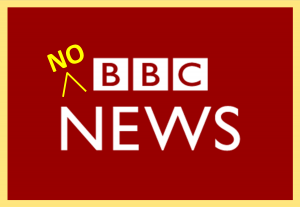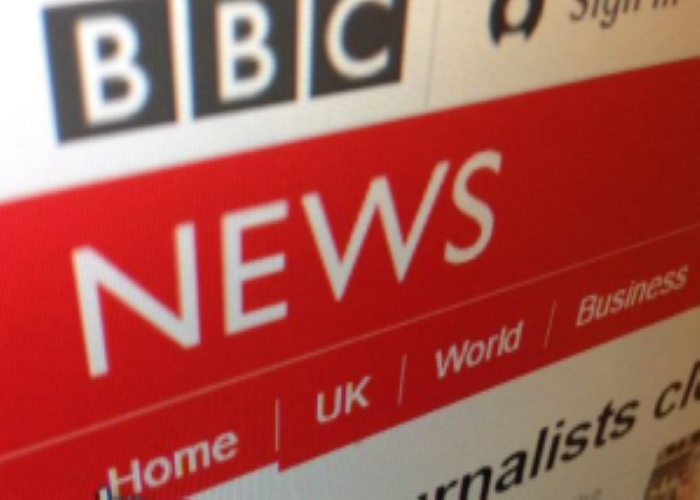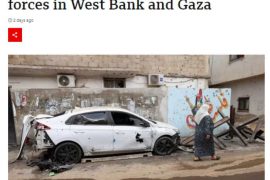Back in May, the BBC News website made very brief mentions of three separate incidents of rocket fire from Lebanon in its coverage of ‘Operation Guardian of the Walls’ – for example:
“Three rockets were fired from Lebanon into the sea off the coast of northern Israel, the Israel Defense Forces (IDF) said. No group said they were responsible, but several militant groups operate in Lebanon, including Hezbollah which fought a month-long war with Israel in 2006.” [source]
“On Wednesday, four rockets were also fired from Lebanon into Israel and Israel’s military responded by firing artillery shells at “a number of targets in Lebanese territory”. It was not immediately clear whether this would prove to be a significant escalation.” [source]
A rocket attack from Lebanon on July 20th did not receive any BBC News website coverage and two additional incidents on August 4th and August 6th were likewise ignored by the corporation’s ‘permanent public record’ website.
For several years now, researchers and analysts have been recording Hamas’ growing infrastructure and activity in Lebanon, the aim of which is, in the words of the Alma Center, “to create an additional front against Israel, which will allow it flexibility and other attack options besides its stronghold in the Gaza Strip”.
Despite having a major bureau in Beirut, the BBC has shown no interest in investigating the renewal of ties between Hamas and Hizballah in recent years or the build-up of Hamas infrastructure in Lebanon.
On December 10th an explosion took place in a mosque in the Burj al-Shemali refugee camp, near Tyre, in southern Lebanon.
“Initial reports said a fire had started in a diesel tanker and spread to a nearby mosque controlled by the Palestinian terror group [Hamas]. The fire triggered then triggered some of the weapons that appeared to have been stored inside the mosque, according to the residents.”
Local media later reported that:
“A source from the Palestinian Hamas terror group said Saturday that a weapons cache which exploded in southern Lebanon was “for defense” purposes. […]
The Hamas source told the Lebanese Al-Akhbar newspaper that the blast was caused by a fire.”
Subsequently, AP reported that:
“The Palestinian Hamas group said Saturday that explosions that shook a refugee camp in southern Lebanon were caused by an electrical short-circuit in a storage area for oxygen bottles used to treat coronavirus patients.
Later in the day however, a Lebanese security official said that the explosion in the camp was clearly ammunition — not oxygen bottles. The official, who spoke on condition of anonymity in line with regulations, did not elaborate.”
One member of Hamas was killed in the explosion and violence erupted at his funeral:
“Several people were killed during an armed clash in the Burj Shamali refugee camp in Lebanon on Sunday, during the funeral of a Hamas member who died in an explosion in the camp two nights before, medics said.
Hamas official Raafat al-Murra said gunmen from the rival Fatah movement “shot at the funeral procession,” killing at least three members of the terror group.”
That allegation was later rejected by the PA ambassador to Lebanon according to Reuters with some Fatah supporters claiming that Hamas was in fact responsible for the shootings at the funeral.
Remarkably, not a word about that saga or the broader background to it has appeared to date on the BBC News website’s ‘Middle East’ or ‘Lebanon’ pages. The BBC continues to refrain from providing its audiences with background to a story that one day it may have to report.
Related Articles:
BBC NEWS IGNORES HAMAS’ LEBANESE ROAD TRIP
BBC NEWS WEBSITE IGNORES ROCKET FIRE FROM LEBANON TWICE IN TWO DAYS






BBC’s Golden Rule – do not put the “Palestinians or Hezbollah or Hamas” in a bad light in Lebanon – the world does not need to know what goes on there except when Israel defends itself.
What a strange set of morals and ethics the BBC D-G Tim Davis has!